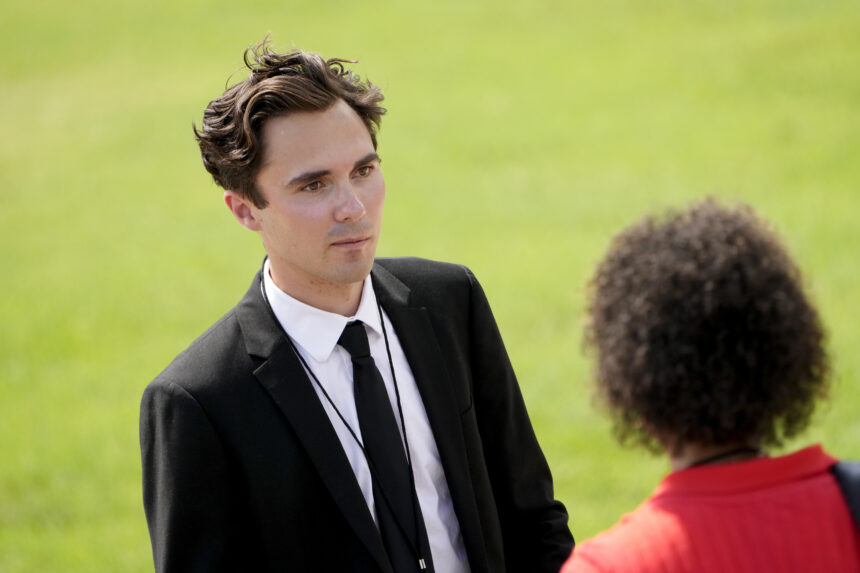David Hogg, the 25-year-old activist and former Democratic National Committee vice chairman, has announced that he will not be running for re-election to his position. This decision comes in the midst of controversy surrounding his pledge to challenge “ineffective” Democratic incumbents within the party.
Hogg, along with Pennsylvania state Rep. Malcolm Kenyatta, was removed from their positions by DNC members through a virtual vote. This removal was the result of a procedural complaint that was unrelated to Hogg’s primary activities. In a statement following his removal, Hogg expressed that while there may be disagreements about the role of a Vice Chair, it is important to focus on more pressing issues at hand.
Moving forward, Hogg has decided to shift his focus to Leaders We Deserve, a group that he co-founded. The group has pledged to spend $20 million on safe-seat Democratic primaries, targeting “asleep-at-the-wheel” Democrats. This initiative, announced in April, sparked backlash from elected officials and DNC members who believed that Hogg’s dual role as a party leader and challenger to incumbents was conflicting.
DNC Chair Ken Martin, who had clashed with Hogg, released a statement commending Hogg for his activism and dedication to the party. While Martin believes that Hogg is a powerful voice for the party, he respects Hogg’s decision to step back from his role as Vice Chair.
With Hogg out of the running for his position, new elections will be held for the two vice chair roles. Kenyatta is now running unopposed for the male vice chair role, while three other candidates have submitted videos to compete for the second vacancy.
In the midst of this internal drama within the DNC, Hogg’s group endorsed Virginia state Del. Irene Shin in a special election for Virginia’s 11th District. This endorsement comes following the passing of Democratic Rep. Gerry Connelly last month.
The controversy surrounding Hogg further escalated when audio from a DNC meeting was leaked to POLITICO. In the audio, Martin expressed frustration with Hogg’s leadership and the impact it had on his own leadership within the party. Despite accusations that Hogg or his supporters leaked the audio, Hogg denied any involvement.
As the DNC prepares for new elections for its vice chair positions, the party continues to navigate internal conflicts and challenges. The outcome of these elections will shape the future direction of the party and its leadership.








